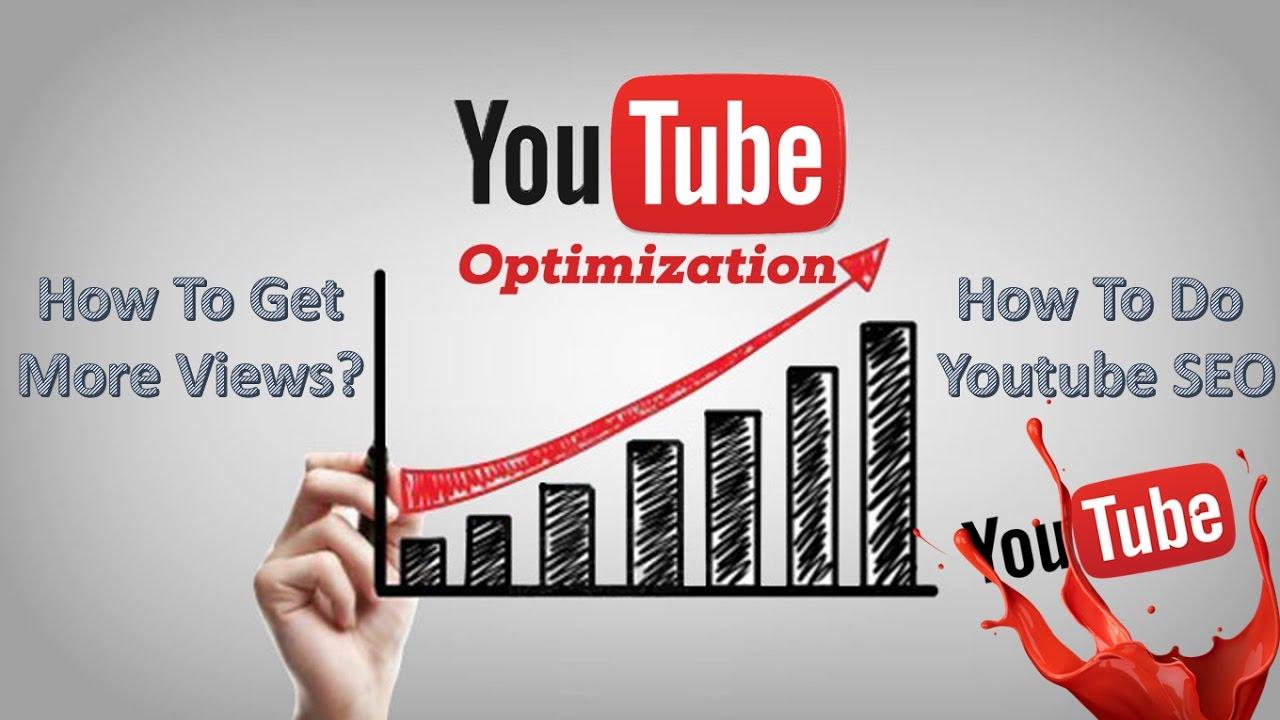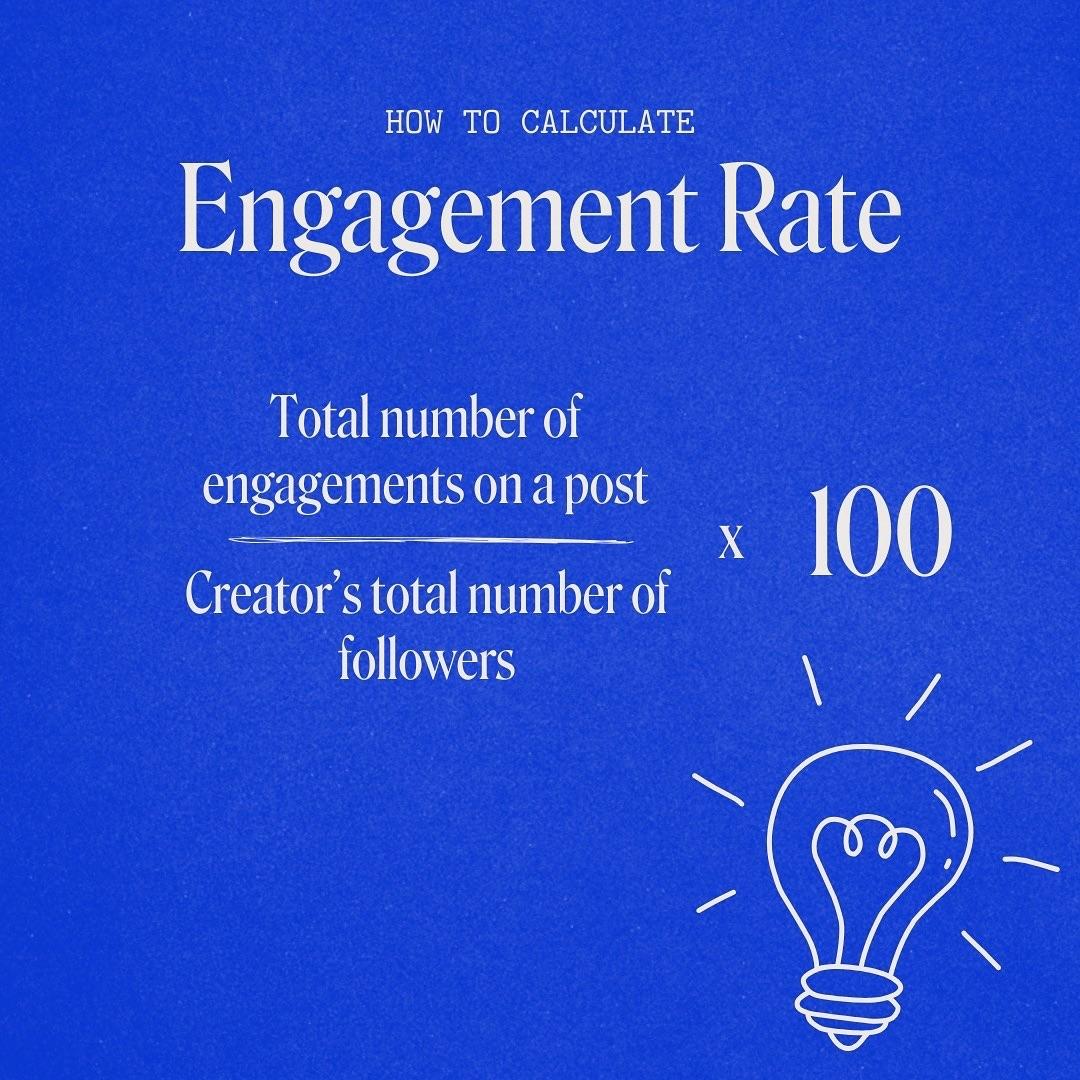
What Is an ESP? How to Choose the Best Provider for Your Needs
In today’s digital world, the way we communicate has evolved tremendously, and so has the importance of finding the right tools to connect with our audience. Enter the Email Service Provider (ESP)—the unsung hero of effective online communication. Whether you’re a small business owner looking to engage customers or a marketer aiming to boost campaign performance, understanding what an ESP is and how to choose the best provider can make all the difference. With so many options out there, it’s easy to feel overwhelmed. But don’t worry; we’re here to break it down for you! In this article, we’ll explore the ins and outs of ESPs, what to look for when selecting a provider, and how the right choice can elevate your email marketing game. So, grab a cup of coffee, sit back, and let’s dive into the world of email service providers!
Understanding the Concept of ESP and Its Importance
When we talk about ESP, or Email Service Provider, we’re diving into one of the foundational elements of digital marketing and communication. An ESP is a platform that enables businesses and individuals to manage their email marketing campaigns effectively. This includes everything from designing newsletters to automating email sequences, and even tracking customer engagement.
The significance of choosing the right ESP cannot be overstated. A reliable provider not only enhances the efficiency of your email communications but also impacts your overall marketing strategy. Here’s why understanding the role of an ESP is crucial:
- Enhanced Deliverability: A good ESP ensures that your emails land in the recipient’s inbox, not their spam folder. They employ best practices and maintain a solid reputation with ISPs.
- User-Friendly Interface: Many ESPs offer intuitive interfaces that allow users to create and manage campaigns without needing extensive technical knowledge.
- Automation: Most platforms provide tools that automate various aspects of email marketing, such as welcome messages, birthday greetings, or follow-up emails, saving you time and effort.
- Analytics: A robust ESP comes equipped with analytics tools that track open rates, click-through rates, and conversions, helping you refine your strategy based on data.
In addition to these features, an ESP can significantly influence your brand’s relationship with its audience. By leveraging personalized content and segmentation, you can create tailored experiences that resonate with different customer segments. This personalization increases engagement and fosters loyalty, making your marketing efforts even more effective.
When selecting an ESP, several factors should be at the forefront of your decision-making process:
- Pricing: Determine your budget and find an ESP that offers a pricing structure that scales with your business needs.
- Features: Look for essential features such as A/B testing, list segmentation, and customer support options.
- Integration: Ensure that the ESP can integrate seamlessly with your existing CRM or e-commerce platforms to streamline your operations.
- Reputation: Research user reviews and case studies to understand the provider’s performance and reliability.
To give you a clearer picture, consider the following comparison of popular ESPs:
| ESP | Pricing | Key Features |
|---|---|---|
| Mailchimp | Free up to 2,000 subscribers | Drag-and-drop builder, A/B testing, analytics |
| Constant Contact | $20/month | List segmentation, event marketing, social media tools |
| Aweber | $19/month | Automation features, landing page creator, customer support |
As the digital landscape evolves, the importance of a well-chosen ESP becomes more pronounced. Embracing this tool not only streamlines your email marketing efforts but also empowers you to foster deeper connections with your audience. By understanding the nuances of what an ESP can offer, you can make an informed decision that aligns with your business goals.
Different Types of ESPs and Their Unique Offerings
When it comes to choosing an Email Service Provider (ESP), understanding the unique offerings of different types can help you make a more informed decision. Each ESP has its own strengths and capabilities, catering to various needs and preferences. Here’s a breakdown of some of the main types of ESPs and what they bring to the table.
All-in-One Marketing Platforms are popular among businesses looking for more than just email marketing. These providers offer a robust suite of tools that include:
- Social media management
- Landing page builders
- CRM integration
- Analytics and reporting tools
By consolidating multiple marketing functions into one platform, businesses can streamline their processes and maintain a cohesive marketing strategy.
Transactional Email Services focus specifically on sending automated emails that are crucial for business operations. These emails can include:
- Order confirmations
- Password resets
- Account notifications
- Shipping updates
Providers in this category ensure high deliverability rates and scale efficiently, making them ideal for e-commerce businesses that rely on timely communications.
Newsletter-Centric ESPs cater primarily to businesses that want to engage with their audience through regular updates and content sharing. They typically offer:
- User-friendly drag-and-drop editors
- List segmentation features
- Customizable templates
- A/B testing capabilities
These tools enable marketers to craft visually appealing newsletters that resonate with their audience, enhancing engagement and retention.
Specialized ESPs target niche markets or specific industries, offering tailored features that address unique requirements. For example:
- Event management tools for conference organizers
- Nonprofit-focused solutions for donor engagement
- Real estate marketing features for property listings
Choosing a specialized provider can provide your organization with the tools needed to optimize engagement within your specific context.
To give you a clearer picture, here’s a simple comparison table of the types of ESPs and their key features:
| Type of ESP | Key Features | Best For |
|---|---|---|
| All-in-One Marketing Platforms | Social media, CRM, analytics | Businesses needing integrated solutions |
| Transactional Email Services | High deliverability, automation | E-commerce and SaaS companies |
| Newsletter-Centric ESPs | Drag-and-drop editors, A/B testing | Content-driven businesses |
| Specialized ESPs | Niche features, tailored integrations | Industry-specific needs |
the right ESP for your business will depend on your specific needs, goals, and the type of communication you plan to execute. By understanding the , you’ll be better equipped to choose a provider that aligns with your marketing strategy and enhances your overall customer engagement.
Key Features to Look for in an ESP
When selecting an Email Service Provider (ESP), there are several crucial features to consider that can significantly impact your email marketing success. A well-rounded ESP should offer a combination of tools and functionalities designed to enhance your communication strategy and engage your audience effectively.
User-Friendly Interface: The usability of the platform is paramount. Look for an ESP with an intuitive interface that allows you to create and manage campaigns with ease. A drag-and-drop editor can simplify the design process, making it accessible for users of all skill levels.
Robust Analytics and Reporting: Data-driven insights are essential for optimizing your campaigns. Choose an ESP that provides comprehensive analytics, including open rates, click-through rates, and conversion tracking. This data will help you refine your strategy and improve engagement over time.
Segmentation and Personalization: The ability to segment your audience based on demographics, behavior, or preferences is a game-changer. Look for an ESP that allows you to create personalized emails tailored to different segments, enhancing the relevance of your content.
Automation Capabilities: Automating your email campaigns can save you time and effort. Seek an ESP that offers automation features, such as triggered emails based on user actions (like sign-ups or purchases) and drip campaigns that nurture leads over time.
Integration Options: Your ESP should seamlessly integrate with other tools in your marketing stack, such as CRM systems, social media platforms, and eCommerce solutions. This will allow you to synchronize data and streamline your workflows.
Deliverability Rate: High deliverability rates ensure that your emails land in the inbox rather than the spam folder. Research the ESP’s reputation and verify their track record for delivering emails successfully to improve your campaign outcomes.
Scalability: As your business grows, your email marketing needs will evolve. Choose an ESP that can scale with you, accommodating an increasing number of subscribers and more complex campaign requirements without sacrificing performance.
Support and Resources: consider the level of customer support and resources available. A provider that offers extensive documentation, tutorials, and responsive support can be invaluable, especially if you’re navigating new features or troubleshooting issues.
| Feature | Importance |
|---|---|
| User-Friendly Interface | Essential for ease of use |
| Robust Analytics | Guides strategy with data |
| Segmentation | Enhances personalization |
| Automation Features | Saves time and effort |
| Integration Options | Streamlines workflows |
| Deliverability Rate | Ensures emails reach inbox |
| Scalability | Supports growth of campaigns |
| Support and Resources | Enhances user experience |

Assessing Your Business Needs Before Choosing an ESP
Before diving into the world of Email Service Providers (ESPs), it’s essential to take a step back and evaluate your business needs. This foundational assessment will help you select a provider that aligns with your goals and enhances your marketing strategy. Here are some key considerations to guide your decision-making process.
Understand Your Goals
First and foremost, clarify your objectives. Are you looking to generate leads, nurture existing customers, or increase brand awareness? By pinpointing your primary goals, you can filter ESPs that specialize in those areas.
Identify Your Target Audience
Knowing who you’re communicating with is just as important as the message itself. Consider the demographics, preferences, and behaviors of your audience. This information will guide you in choosing an ESP that offers segmentation features, allowing for personalized messaging that resonates with your recipients.
Assess Your Budget
Every business operates within a financial framework, so it’s crucial to determine how much you can allocate for email marketing. ESPs usually offer tiered pricing based on features and subscriber count. Make a list of your must-have features versus nice-to-haves and look for a provider that offers the best value for your budget.
Evaluate Required Features
Different ESPs come with various features that cater to specific business needs. Consider the following when evaluating potential providers:
- Automation Tools: Automate your campaigns to save time and increase efficiency.
- Analytics and Reporting: Access detailed insights to measure the success of your campaigns.
- Integration Capabilities: Ensure compatibility with your existing software, such as CRM systems or eCommerce platforms.
- Customer Support: Reliable support can be a lifesaver when troubleshooting issues.
Consider Scalability
Your business will grow, and your email marketing needs will evolve. Choose an ESP that can scale alongside your business. This means they should offer flexible pricing plans and additional features that can be unlocked as you expand your email marketing efforts.
Review Security and Compliance
Data security is paramount in today’s digital landscape. Ensure that the ESP you choose complies with regulations like GDPR or CAN-SPAM. Look for providers that prioritize data protection and have robust security measures in place to safeguard your information and that of your subscribers.
Read Customer Reviews
Last but not least, do your homework by seeking out user reviews and testimonials. This can give you real-world insight into the performance and reliability of the ESPs you are considering. Platforms like G2 or Capterra can be excellent resources for honest feedback from businesses similar to yours.
How to Evaluate ESP Providers: A Step-by-Step Approach
Choosing the right Email Service Provider (ESP) can significantly impact your marketing efforts. With numerous options available, the evaluation process can seem daunting. Here’s a straightforward approach to help you make an informed decision.
Start by clarifying your specific needs. Consider the following aspects:
- Audience Size: How many subscribers do you have? Your choice may depend on the scale of your email list.
- Features Required: Do you need automation, segmentation, or analytics? Identify the must-have features for your campaigns.
- Budget: What is your budget for email marketing? Understand pricing models, as they can vary significantly between providers.
Next, research potential providers. Look for reviews, case studies, and testimonials to gain insights into their reputation and reliability. A well-regarded ESP will have proven results and happy clients. Create a comparison chart to evaluate key features and pricing:
| ESP Provider | Key Features | Starting Price |
|---|---|---|
| Mailchimp | Automation, Segmentation, Analytics | $10/month |
| Constant Contact | Email Templates, List Segmentation | $20/month |
| SendinBlue | SMS Marketing, A/B Testing | $25/month |
Once you’ve narrowed down your options, take advantage of free trials or demos. This hands-on experience allows you to assess user-friendliness, design capabilities, and customer support. Engage with the customer service department to gauge responsiveness—after all, you’ll want to know help is available when you need it.
Don’t forget to evaluate deliverability rates. The best ESPs typically have high deliverability, ensuring your emails land in inboxes rather than spam folders. Research industry benchmarks and ask potential providers about their rates. A provider with strong deliverability rates will maximize the effectiveness of your email campaigns.
consider scalability. As your business grows, your email marketing needs will evolve. Choose an ESP that can grow with you, offering advanced features and higher sending limits as your subscriber list expands.
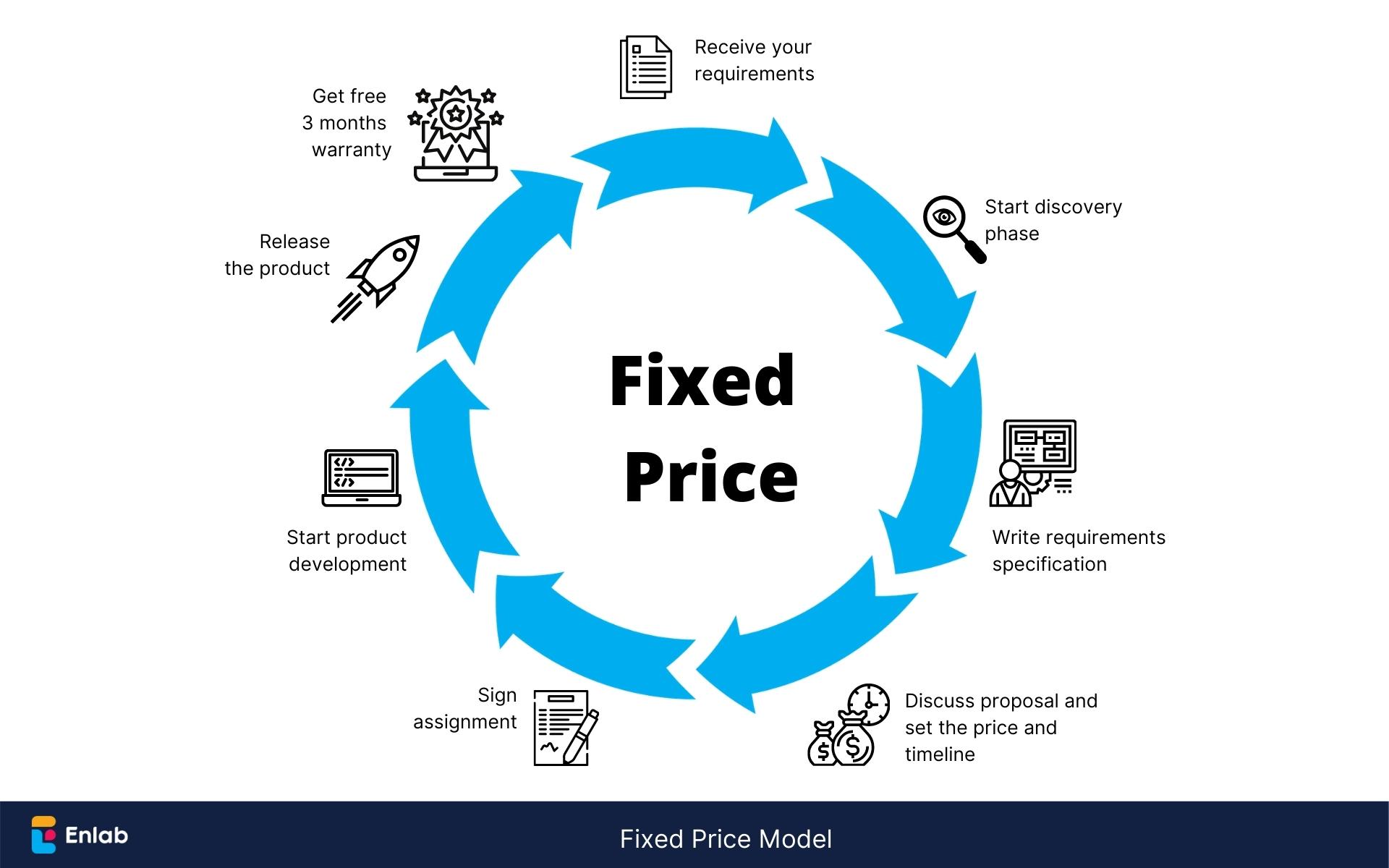
Comparing Pricing Models: Finding the Right Fit for Your Budget
When choosing an Email Service Provider (ESP), understanding the various pricing models is crucial for ensuring you stay within budget while still accessing the features you need. Each model has its own strengths and weaknesses, making it essential to assess your specific requirements before making a decision.
Flat-rate pricing is one of the most straightforward models. With this approach, you pay a consistent monthly fee regardless of the number of emails sent. This can be ideal for businesses that have a predictable volume of email traffic. However, be cautious; if your email volume fluctuates significantly, you might end up overpaying during quieter months.
Another popular model is pay-as-you-go pricing. This option allows you to pay only for the emails you send, offering great flexibility. If your sending patterns are irregular, this could be a suitable choice. However, it’s essential to monitor your usage closely, as costs can accumulate quickly during high-volume campaigns.
Tiered pricing is another model worth considering. With tiered pricing, you pay a base rate for a certain volume of emails, with costs increasing as you move up to higher tiers. This model provides a balance between predictability and flexibility, catering to businesses that expect to grow their email volume over time.
Here’s a quick comparison of different pricing models:
| Pricing Model | Pros | Cons |
|---|---|---|
| Flat-rate | Simple budgeting; predictable expenses | Overpaying if email volume decreases |
| Pay-as-you-go | Cost-effective for low volume; high flexibility | Costs can add up quickly |
| Tiered | Scalable with business growth; balanced costs | May require monitoring to stay within budget |
Additionally, some ESPs offer feature-based pricing, where you pay for specific functionalities, such as automation tools or advanced analytics. This can be a great option if you’re looking for specific features but can lead to higher costs if you require multiple premium features.
Lastly, consider the free trial and freemium options many ESPs provide. These can give you an insight into how the service operates and if it fits your needs without the initial financial commitment. Keep in mind, though, that limitations often come with free versions that may not allow you to fully explore the service’s potential.
Ultimately, the right pricing model depends on your unique business needs, email volume, and marketing strategy. Take the time to evaluate each option, ensuring it aligns with both your current budget and your future growth plans.

Customer Support: Why It Matters in Your ESP Choice
When it comes to choosing an Email Service Provider (ESP), customer support is an often-overlooked factor, yet it can be the distinguishing element between a seamless experience and one fraught with frustration. You might find the perfect features at a great price, but without reliable support, even the best platform can turn into a headache.
Responsive customer service is crucial. If you encounter a technical issue or have a question about your campaign, waiting days for a response can stall your marketing efforts. Look for providers that offer:
- 24/7 support
- Multiple channels of communication (chat, email, phone)
- Comprehensive knowledge bases or help centers
- Dedicated account managers for higher-tier plans
Additionally, consider the quality of the support. A fast response is valuable, but the effectiveness of the resolution is what truly counts. Check for user reviews and testimonials that highlight the support experience. Are the representatives knowledgeable and friendly? Do they take the time to understand your unique challenges?
Another aspect to consider is training and resources. A provider that offers training sessions, webinars, or tutorials can empower you to make the most of their platform. This not only enhances your immediate experience but also fosters long-term loyalty and satisfaction. A well-supported learning environment can transform how you engage with your email marketing strategy.
To help you visualize the importance of customer support in your ESP decision, here’s a simple comparison table of key features to evaluate:
| Feature | Importance | Benefits |
|---|---|---|
| 24/7 Support | High | Immediate assistance during critical times |
| Multiple Contact Options | Medium | Flexibility in reaching out for help |
| Training Resources | High | Enhanced user competence and confidence |
| Proactive Support | Medium | Preemptive solutions to common issues |
don’t underestimate the role of customer support in your ESP choice. A solid support system can save you time, reduce stress, and ultimately lead to better campaign performance. Your email marketing success relies not just on the tools you choose but also on the partners you engage with along the way.

The Role of Integrations in Enhancing Your ESP Experience
Integrations play a pivotal role in transforming your Email Service Provider (ESP) experience from basic to extraordinary. By connecting your ESP with other essential tools and platforms, you can streamline processes, enhance your marketing efforts, and ultimately drive better results for your campaigns.
One of the key benefits of integrations is the ability to automate workflows. Imagine being able to automatically add new leads from your CRM directly into your email lists or syncing customer data between your e-commerce platform and your ESP. This not only saves time but also minimizes the risk of human error. As a result, you can focus on crafting compelling content rather than getting bogged down by tedious manual tasks.
Furthermore, integrations allow for enhanced segmentation and targeting. By linking your ESP with analytics and tracking tools, you gain valuable insights into your audience’s behavior. This data can inform your email campaigns, enabling you to tailor your messaging and offers to specific segments based on their interests and interactions. The more personalized your emails are, the higher your engagement rates will be.
Another area where integrations shine is in improving your reporting capabilities. When your ESP is connected to analytics platforms, you can easily track and analyze key metrics across multiple channels. This comprehensive view allows you to understand the effectiveness of your campaigns at a glance, making it easier to tweak and optimize your strategies in real-time.
Consider also the potential for enhanced customer experience. By integrating your ESP with customer support tools or chat applications, you can ensure that you’re not only reaching out but also responding to your customers effectively. For instance, if a customer reaches out with a query, integrating response data with your ESP could trigger a follow-up email that addresses their concern, thus fostering a stronger relationship.
| Integration Type | Benefit |
|---|---|
| CRM Integration | Automated lead management |
| E-commerce Integration | Personalized product recommendations |
| Analytics Integration | Enhanced performance tracking |
| Social Media Integration | Cross-channel marketing synergy |
Lastly, the right integrations can help you stay competitive in a constantly evolving digital landscape. By leveraging advanced technologies like AI and machine learning through integrations, you can optimize your email campaigns based on predictive analytics, making smarter decisions that drive results. As the needs of your business grow, having a flexible ESP that supports various integrations becomes increasingly important.
the role of integrations cannot be overstated when it comes to elevating your ESP experience. They empower you to automate, personalize, analyze, and enhance your marketing strategies, paving the way for greater success. By choosing an ESP that offers robust integration options, you’re not just investing in an email platform; you’re investing in a comprehensive marketing ecosystem that can adapt to your evolving needs.
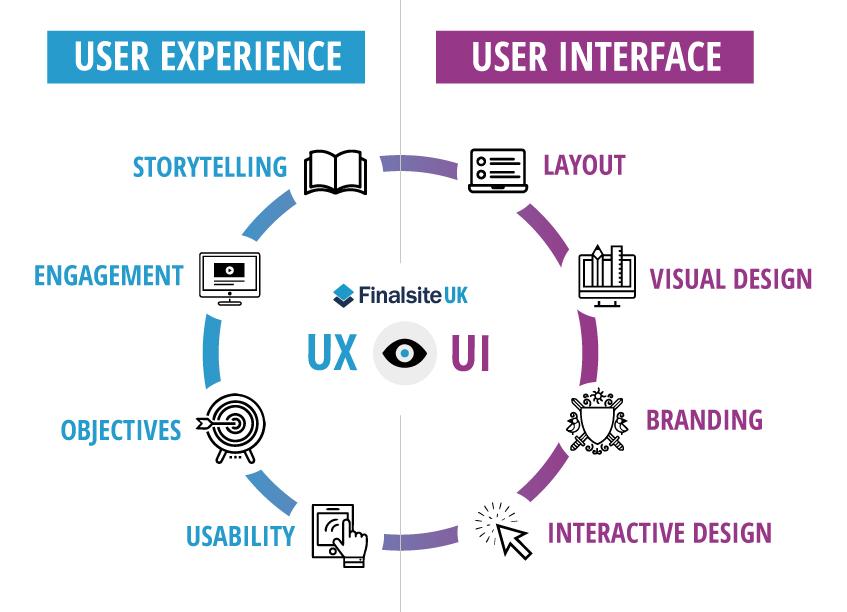
User Experience: Choosing an ESP That’s Easy to Navigate
When it comes to selecting an Email Service Provider (ESP), one of the crucial aspects to consider is how user-friendly their platform is. A seamless navigation experience can significantly enhance your email marketing efforts, allowing you to focus on crafting compelling content rather than wrestling with confusing interfaces. Here’s what to look for:
- Intuitive Dashboard: The main dashboard should provide a clear overview of your campaigns, subscriber lists, and performance metrics at a glance. A well-organized layout helps you quickly locate essential tools and features.
- Drag-and-Drop Editor: An easy-to-use editor that doesn’t require coding skills can make a world of difference. Look for platforms with a drag-and-drop feature that allows you to design your emails effortlessly.
- Comprehensive Tutorials: A good ESP will offer tutorials, guides, and customer support that help you navigate the platform. Whether it’s video tutorials or a robust knowledge base, these resources can enhance your learning curve.
- Mobile Compatibility: In today’s world, accessing platforms via mobile is essential. Ensure that the ESP is mobile-friendly, allowing you to monitor campaigns and make adjustments on the go.
Another key factor is the accessibility of advanced features. While it’s great to have sophisticated tools at your disposal, they shouldn’t be hidden behind complex menus. Features such as segmentation, A/B testing, and analytics should be easily accessible to help you refine your strategies effectively.
Take a moment to evaluate the customer support offered by potential ESPs. Quick access to assistance can be a lifesaver when you encounter issues. Look for platforms that provide multiple support channels, including live chat, email support, and comprehensive help centers. This accessibility ensures that you won’t be left in the dark during critical campaign launches.
Consider testing the platform with a trial period. Most reputable ESPs offer a free trial that allows you to explore their features firsthand. This can be invaluable for assessing how easily you can navigate the system and whether it meets your expectations. Pay attention to how simple it is to create a campaign, manage lists, and analyze performance during your trial run.
| Feature | Importance |
|---|---|
| Intuitive Dashboard | High |
| Drag-and-Drop Editor | High |
| Mobile Compatibility | Medium |
| Customer Support | High |
| Tutorials & Guides | Medium |
Ultimately, your choice of ESP should empower you to execute high-impact email campaigns with ease. By prioritizing user experience, you can transform the often daunting task of email marketing into an enjoyable, efficient process. Choose wisely, and watch as your engagement rates soar.

Security and Compliance: Protecting Your Data with the Right ESP
When it comes to selecting an Email Service Provider (ESP), security and compliance should be at the forefront of your decision-making process. In an era where data breaches and privacy concerns are rampant, ensuring that your provider has robust security measures in place is essential for safeguarding your sensitive information.
A reliable ESP will offer a variety of security features designed to protect your data, such as:
- Encryption – Both in transit and at rest, ensuring that data is unreadable to unauthorized users.
- Two-Factor Authentication – Adding an extra layer of security to access accounts.
- Regular Security Audits – Conducted to identify and rectify vulnerabilities.
- Compliance with Standards – Adherence to regulations such as GDPR, CCPA, HIPAA, etc.
Moreover, understanding the compliance landscape is crucial. Your ESP should not only comply with relevant laws but also be transparent about their practices. When you select a provider, inquire about their compliance certifications. A trustworthy ESP will readily provide proof of compliance with industry standards. Here’s a quick overview of some key certifications to look for:
| Certification | Description |
|---|---|
| GDPR | Regulates data protection and privacy in the European Union. |
| HIPAA | Sets the standard for protecting sensitive patient information. |
| ISO 27001 | International standard for information security management. |
| CCPA | Enhances privacy rights and consumer protection for residents of California. |
Another vital element is the ESP’s data handling policies. How does they manage data collection, storage, and sharing? Do they have a clear privacy policy that outlines how your data is used? Ensure that the ESP clearly defines these aspects, as transparency is a hallmark of a responsible provider.
Additionally, consider the provider’s incident response plan. In the unfortunate event of a data breach, how quickly can they respond? A well-documented incident response plan can minimize damage and restore trust. Ask potential providers about their track record with breaches and how they handle such situations.
don’t underestimate the importance of customer support when it comes to security and compliance. A responsive support team can be invaluable during crisis situations or when you need clarification on security measures. Look for providers that offer 24/7 support and have a reputation for being available and helpful.
Choosing the right ESP for your needs goes beyond just features and pricing. By prioritizing security and compliance, you not only protect your data but also instill confidence in your clients and stakeholders. So take the time to evaluate your options carefully; your choice can make all the difference in the safety of your digital communications.

Exploring Customer Reviews and Testimonials for ESP Insights
Customer Reviews and Testimonials for ESP Insights
When selecting an Email Service Provider (ESP), diving into customer reviews and testimonials can offer invaluable insights. These firsthand accounts not only reflect the performance of the provider but also shed light on their customer service, reliability, and overall user experience.
Here are a few key reasons why exploring these reviews is essential for making an informed decision:
- Real-world experiences: Customers often share detailed stories about how the ESP has helped them achieve their email marketing goals. This context can inform your expectations.
- Feature effectiveness: Reviews frequently highlight the effectiveness of specific features such as automation, segmentation, and analytics. Understanding what works well can guide your selection.
- Customer support: Many testimonials mention the quality of customer support, which is a critical aspect when issues arise. Look for comments on responsiveness and helpfulness.
- Pricing transparency: Customers may provide insights on whether they felt the service was worth the investment, helping you gauge if the pricing aligns with your budget.
While analyzing testimonials, pay attention to patterns in feedback. For instance, if multiple users praise a particular feature like advanced analytics, it might indicate a strong selling point. Conversely, if numerous reviews mention challenges with customer support, that could be a red flag worth considering.
Customer Review Highlights
| Feature | Positive Feedback | Negative Feedback |
|---|---|---|
| Automation | “Saved us hours of manual work!” | “Setup was initially confusing.” |
| Analytics | “Invaluable for tracking campaign success.” | “Could use more in-depth reporting options.” |
| Customer Support | “Quick responses and very helpful.” | “Had to wait too long for a reply.” |
Don’t forget to explore third-party review sites as well. These platforms often provide a broader spectrum of opinions and can help you avoid potential biases from testimonials on the ESP’s own website. Look for reviews on popular technology forums, social media, and dedicated review websites to gather a holistic view.
In your search for the best ESP, consider reaching out to current users for personal insights, especially if you find someone in a similar industry. Their experiences can often illuminate what you might not find in written reviews, giving you a clearer picture of what to expect.
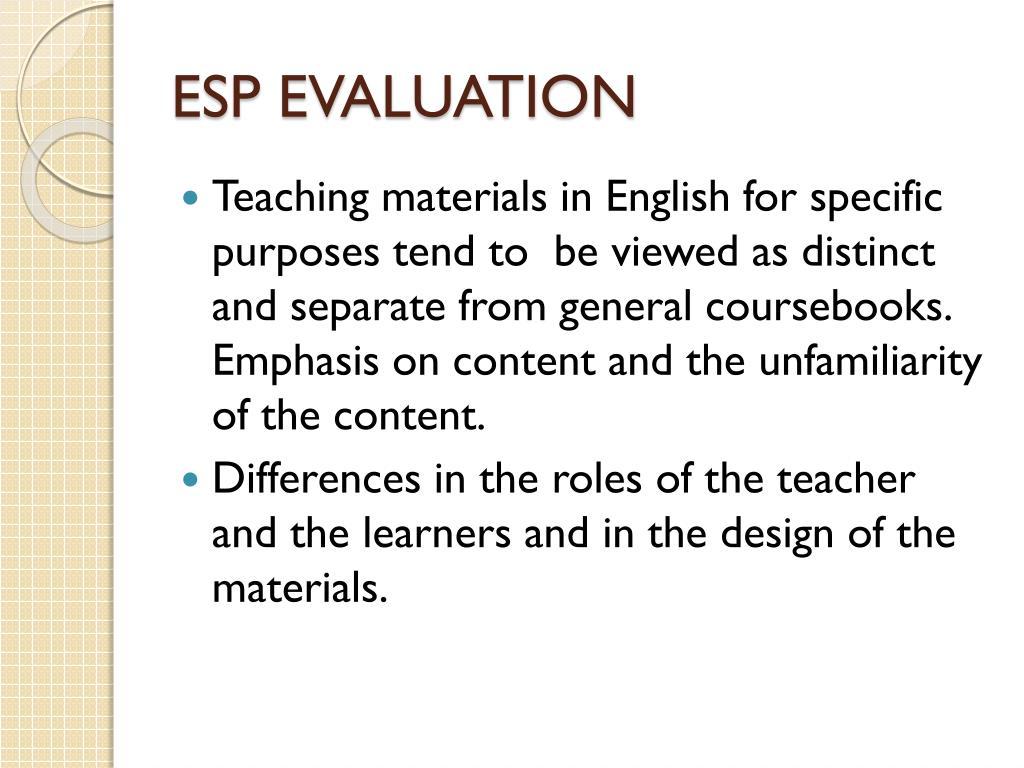
Testing and Trial Periods: Making the Most of Your ESP Evaluation
When it comes to evaluating Email Service Providers (ESPs), understanding their trial periods can be a game changer. These testing phases offer you the opportunity to explore the features, user experience, and overall performance of the ESP without the financial commitment of a full subscription. To make the most of this evaluation time, you need to approach it strategically.
First and foremost, define your goals. Are you looking for better deliverability rates, advanced analytics, or automation features? Knowing what you want to achieve will help you assess whether the ESP meets your needs during the trial. Here are some key aspects to focus on:
- Deliverability: Test how many of your emails actually land in the inbox, rather than the spam folder.
- Spam Reports: Monitor how many recipients mark your emails as spam. It’s a telling sign of engagement.
- User Interface: Assess the ease of use. A complicated interface can lead to missed opportunities.
- Support Services: Evaluate the responsiveness and helpfulness of the customer service team during your trial.
Next, consider conducting a series of A/B tests. This is one of the best ways to gauge the effectiveness of the ESP in real-time. You can experiment with different subject lines, send times, and content types to see what resonates best with your audience. Be sure to document your findings so you can compare results across different ESPs.
Another essential aspect is to test integration capabilities. Most businesses rely on various tools and platforms for managing their marketing efforts. Whether it’s CRM systems, e-commerce platforms, or social media, check how seamlessly the ESP integrates with these tools. A smooth integration can save you a lot of time and effort in the long run.
During your trial, it’s also beneficial to explore any additional features that the ESP might offer. These could include segmentation tools, personalization options, or advanced reporting capabilities. Make a list of features that are common in the ESPs you’re considering, and see how they stack up against the one you’re evaluating. You might be surprised by what you find.
don’t hesitate to reach out for feedback from your team. If you’re part of a larger organization, gather insights from different departments that will be using the ESP. Their perspectives will be invaluable and can help in making a well-rounded decision.
| Feature | ESP A | ESP B | ESP C |
|---|---|---|---|
| Deliverability Rate | 95% | 90% | 88% |
| User Interface | Intuitive | Moderate | Complex |
| Support Response Time | 1 Hour | 3 Hours | 24 Hours |
| Integration Options | 10+ | 5 | 3 |
By following these steps, you can ensure that you’re making the most out of your trial period. This evaluation phase is a critical step in choosing the perfect ESP that aligns with your marketing goals. So take your time, do your research, and make an informed decision that will help propel your email marketing strategy forward.

Making the Final Decision: Trust Your Gut and Data
When it comes to selecting the right Email Service Provider (ESP), the final decision can feel daunting. You might find yourself battling between instinct and analytics, but trust me when I say both are valuable allies in this journey. Your gut feelings, informed by experience, can guide you toward what feels right, while data can provide the hard evidence you need.
To effectively weigh your options, consider the following factors:
- User Experience: How intuitive is the platform? An ESP may offer robust features, but if it’s cumbersome to navigate, it won’t serve your needs effectively.
- Deliverability Rates: This is crucial. Look for ESPs that boast high deliverability rates, ensuring your emails actually land in inboxes rather than spam folders.
- Integration Capabilities: Your chosen provider should seamlessly integrate with your existing systems to avoid disruptions.
- Customer Support: Reliable support can make a world of difference when issues arise. Ensure that the provider offers support channels that suit your preferences.
As you analyze these factors, don’t shy away from gathering data. Reviews, case studies, and expert opinions can provide a clearer picture of what each provider offers. Create a simple comparison table to visualize how each ESP stacks up against your criteria:
| ESP | Deliverability Rate | Support Options | User Rating |
|---|---|---|---|
| Provider A | 95% | Email, Chat, Phone | 4.5/5 |
| Provider B | 92% | Email, Chat | 4.0/5 |
| Provider C | 97% | Chat, Phone | 4.8/5 |
Next, reflect on your unique needs. Are you a small business or a large enterprise? Are you focused more on automation or on design capabilities? Your priorities will dictate which provider aligns best with your vision. Sometimes, what seems like a minor feature can transform your email marketing experience.
after evaluating the data and considering your instincts, visualize the potential. Picture yourself utilizing the ESP effectively, creating campaigns that resonate with your audience. If it feels right and the numbers support it, you’re likely on the right path. Balancing intuition with data ultimately leads to a stronger, more informed decision.
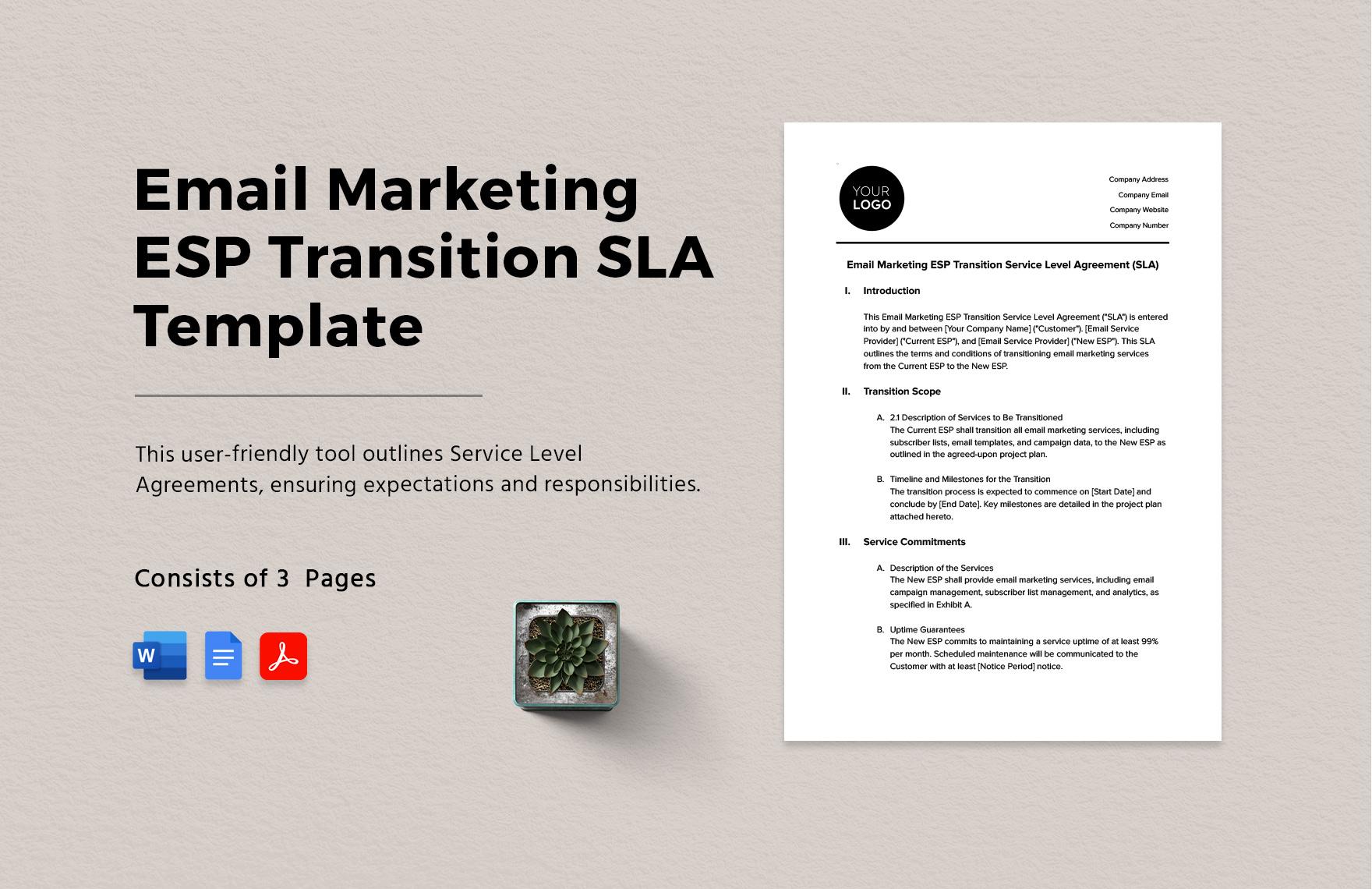
Tips for Transitioning to a New ESP Without a Hitch
Transitioning to a new Email Service Provider (ESP) can feel daunting, but with the right approach, you can make the process smooth and efficient. Here are some key strategies to help you transition without a hitch:
- Plan Ahead: Before making the switch, outline your goals and expectations. Consider what features are most important to your business, such as automation capabilities, analytics, or integration with other tools.
- Data Migration: Ensure you have a clear plan for migrating your data. This includes subscriber lists, email templates, and any historical data you wish to retain. Many ESPs offer migration services, which can be a lifesaver.
- Test Everything: Before fully committing to the new ESP, conduct thorough testing. Set up a few test campaigns to see how the new platform handles your emails. Pay attention to deliverability, layout, and how data is tracked.
- Notify Your Audience: Keep your subscribers informed about the change. A quick email notification can help manage expectations and reassure them about the continued quality of your communications.
- Train Your Team: If you have team members who will be using the new ESP, invest time in training. Familiarize them with the platform’s features and best practices to ensure everyone is on the same page.
- Monitor Performance: After the transition, closely monitor your email performance metrics. Pay attention to open rates, click-through rates, and unsubscribe rates to identify any issues early on.
| Considerations | Old ESP | New ESP |
|---|---|---|
| Deliverability Rate | 85% | 90% |
| Cost Per Month | $150 | $120 |
| Automation Features | Limited | Advanced |
| Customer Support | Standard | 24/7 Availability |
Lastly, don’t rush the process. Take your time to ensure you’re comfortable with the new platform and its features. A well-planned transition can not only improve your email marketing efforts but also enhance your overall business communication strategy.
Frequently Asked Questions (FAQ)
Q&A: What Is an ESP? How to Choose the Best Provider for Your Needs
Q: What exactly is an ESP?
A: Great question! An ESP, or Email Service Provider, is a company that offers software and services to send, manage, and track email campaigns. They help businesses communicate with their audience effectively through email marketing, making it easier to reach potential customers and keep existing ones engaged.
Q: Why should I consider using an ESP?
A: If you want to take your email marketing to the next level, an ESP is a must! They provide the tools to create visually appealing emails, automate campaigns, segment your audience, and analyze performance metrics. This not only saves you time but also boosts your chances of reaching your marketing goals.
Q: What features should I look for in an ESP?
A: It really depends on your needs, but there are a few key features that can make a big difference. Look for user-friendly design templates, automation capabilities, robust analytics, and excellent customer support. Integration with other tools you use, like CRMs or social media platforms, can also be a game-changer.
Q: How can I determine which ESP is the best fit for my business?
A: Start by identifying your goals. Are you looking to grow your subscriber list, improve engagement, or drive sales? Next, consider your budget and the scale of your campaigns. take advantage of free trials or demos offered by many ESPs to get hands-on experience before committing.
Q: What are some popular ESP options out there?
A: There are plenty of great options! Some of the most popular include Mailchimp, Constant Contact, and Sendinblue. Each has its strengths, so it’s worth researching to see which aligns best with your specific needs and preferences.
Q: Is pricing a big factor when choosing an ESP?
A: Absolutely! Pricing can vary widely among ESPs, depending on the features and the number of subscribers. It’s important to find an ESP that offers a good balance between cost and the features you need. Remember, you want to invest in a solution that can grow with your business!
Q: What if I’m a beginner and don’t have much experience with email marketing?
A: No worries at all! Many ESPs cater specifically to beginners with intuitive interfaces, tutorials, and customer support. Look for providers that offer excellent onboarding resources, so you can get started on the right foot and build your skills along the way.
Q: How can I ensure my emails land in the inbox and not the spam folder?
A: That’s a common concern! To improve your chances, choose an ESP that prioritizes deliverability. Also, focus on building a clean email list, create engaging content, and follow best practices such as using a verified domain and avoiding spammy language.
Q: Any final tips before I choose an ESP?
A: Sure! Take your time to research and compare different providers. Read reviews, ask for recommendations, and consider your long-term needs. Choosing the right ESP can significantly impact your email marketing success, so it’s worth investing the effort upfront!
Ready to dive into the world of email marketing? Choosing the right ESP can set you on the path to success, helping you connect with your audience like never before!
Insights and Conclusions
As we wrap up our deep dive into the world of ESPs, it’s clear that choosing the right Email Service Provider can make all the difference in your communication strategy. Remember, an ESP isn’t just a tool; it’s your partner in connecting with your audience, nurturing relationships, and ultimately driving engagement and sales.
Take the time to evaluate your specific needs—whether it’s advanced automation features, robust analytics, or stellar customer support—and don’t be afraid to try out a few options before settling on “the one.” Most providers offer free trials, so seize the opportunity to explore and experiment!
Ultimately, the right ESP will empower you to craft compelling campaigns that resonate with your audience while simplifying your processes behind the scenes. So, go ahead and make an informed choice; your future self (and your inbox) will thank you! Happy emailing!




